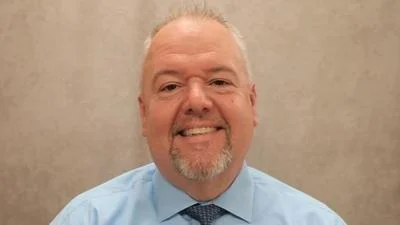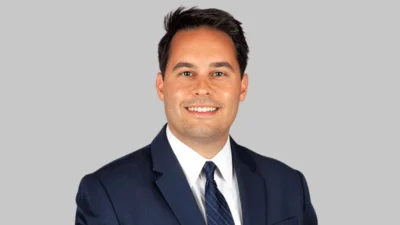Participants in Ray Graham Association programming. | Facebook
Participants in Ray Graham Association programming. | Facebook
Kim Zoeller, president and CEO of Ray Graham Association, is asking the Illinois General Assembly to step in and change budgetary policy that is keeping her agency’s hands tied when it comes to how they pay employees.
"Fully step up and fund the recommendations of the Guidehouse study and fund it according to what the professionals that we brought in and we paid for says that we should do so. That, I think, is the biggest issue. Where we are falling short is that we haven't made the level of investment so far that we need to,” Zoeller told DuPage Policy Journal.
The Guidehouse Rate Study is a 2019 recommendation by a third party observer hired to provide a pathway forward for the state to properly provide funding to the network of programs serving the intellectually disabled across the state.

Participants in Ray Graham Association programming.
| Facebook
The study found such programs were underfunded by $246.8 million in fiscal year 2023 alone.
Zoeller said she supports the findings of the study.
“If we're really wanting to invest in the system and do what's right and follow the recommendations that the professionals that we brought in funded the way that you're supposed to and implemented the way you're supposed to,” she said.
The study was commissioned after a court in 2018 found the state out of compliance with a consent decree on how to fund the programming. The initial consent decree was issued in 2011 and the state is still out of compliance 11 years later.
According to the Guidehouse study, over 10,000 individuals live in such 24-hour programs across the state. Another 20,000 take advantage of individual day programs. Another 5,000 are served by other state funded programming.
The Ray Graham Association is a Lisle-based provider for intellectually disabled Illinoisans. It serves around 2,000 people a year at locations across DuPage County.
The support network operates as a nonprofit that is funded by the state government.
Zoeller said that funding sometimes comes with stings attached, which limits her group's ability to budget appropriately and make financial decisions.
“We are just we are concerned that we're really the only Medicaid funded entity in the state,” she said. “Medicaid is where most of our the vast majority of our our money comes from the Medicaid pot, where there are such strings attached to how we can run our operations. So the language is typically put in place that says this, that this money needs to be a direct pass through in wages. Again, we want to pay people well, we need to pay people well, but we also need the flexibility to do what we need to do based upon our own unique situations.”
A coalition of providers is behind the They Deserve More campaign that is speaking out on the budgetary decisions affecting providers like Zoeller and the Ray Graham Association.
They Deserve More is a statewide collaboration of approximately 90 community-based organizations, trade and advocacy groups, and disabled people's friends and relatives.
The group was formed in 2017 to ensure that Illinois fulfills its responsibility to assist people with intellectual and developmental impairments.
The They Deserve More campaign diverted from the asks of the AFSCME union, which represents around 10 percent of the providers’ employees.
The coalition has come out against AFSCME-backed HB4647, which would require any finding to go directly to employees of providers, bypassing provider executive decision-making.
“A mandated wage pass-through is not the answer – it actually hurts providers’ ability to reward and retain staff in a variety of ways, things like bonuses, spot increases, health and retirement plan improvements, and more. Our agencies have provided these critically needed services for decades – we know what it takes to ensure the stability of the community provider system,” a press release by They Deserve More reads.
The coalition is backing two alternative bills – HB4832 and SB4063 – aimed at providing a full finding per the consent decree.






 Alerts Sign-up
Alerts Sign-up